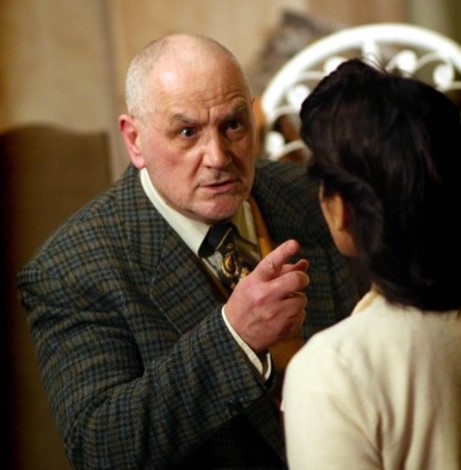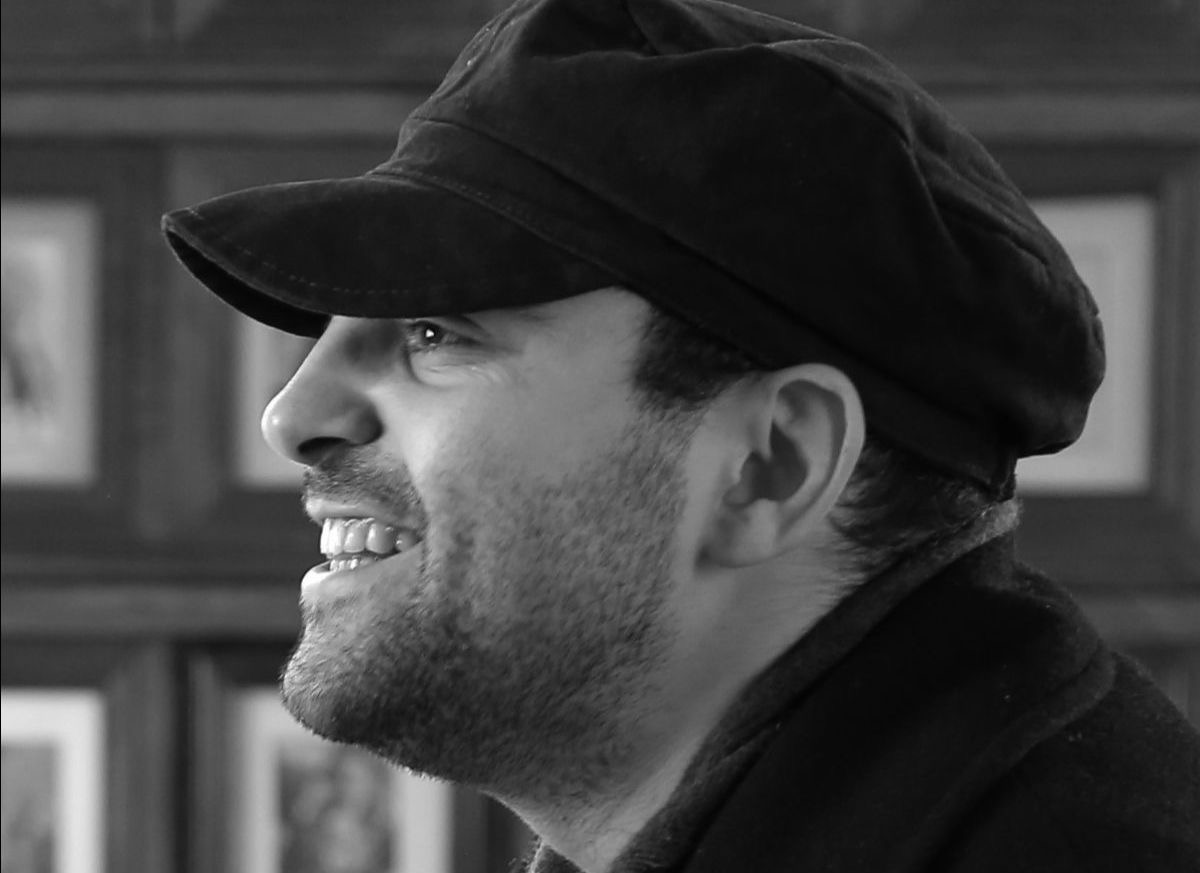The Ruffian On The Stair

Had Joe Orton lived, he would have been 90 this year. But tragically, he was murdered by his lover Kenneth Halliwell, bludgeoned to death in their tiny north London flat before Halliwell took his own life. Their relationship was intense but deeply flawed, and the young and perhaps naive Orton was fascinated by the more urbane Halliwell. But pretty soon he was to eclipse Halliwell in both talent and popularity. There is little doubt that the strained dynamics of their relationship informed Orton’s work and it is very clear in The Ruffian On The Stair, Orton’s first play and a work based on their collaborative novel The Boy Hairdresser. It was first aired as a BBC radio play but remains one of his less frequently performed works.
In a pre-Brighton Fringe performance, this new production revives the work with an exciting and intense delivery. Mike and Joyce live in a tiny London flat. Mike is a narcissist, brutal and delusional, an Irish Catholic and, as it soon emerges, he is a small time assassin, killing to order by running his victims over in his van. Joyce is his almost captive partner, timid and fragile, and a one time prostitute, a fact that he will not let her forget.
Into their claustrophobic world enters Wilson, an extraordinary young man, a hairdresser and clearly a troubled human being.
Director Lindsay Dale has taken Orton’s script and done two things. There is respect for his language, the strange and often stilted phrasing that became his signature, the oddly pompous announcements that litter his dialogue and the archaic and bizarrely placed statements that, at times, punctuate the action is all there.
Paul Doust is marvellous as Mike, his towering presence is threatening and oppressive, but as a whole, is dotted with ambiguity, preening at a mirror, overly interested in Wilson’s relationship with Frank and the throwaway line that he is going out to meet a man in a public toilet in Kings Cross.
Joyce is played by Rachel de Silva, a dowdy and fragile creature, so damaged that it is a disturbing fact that she was once a prostitute and now is reduced to being his almost enslaved minion, verbally attacked and with the implication that this could also be physical.

Wilson is played by James Freed and it is in this performance that I saw something extraordinary. Orton was brilliant at portraying homosexuality, especially that when written, it was still illegal and carried the threat of prison, certainly disgrace and even chemical castration. Many of Orton’s queer characters are played with an air of camp flamboyance, often veering towards stereotypes. Here, director and actor have gone to the polar opposite. Wilson is ordinary, plain speaking and damaged and it is in this conceit that this production triumphs. The stark contrast between the three characters, the respectful use of Orton’s beautifully crafted words and then the portrayal of a homosexual who is ordinary.
Andrew Kay
Lantern Theatre
28 April
Rating:
This production returns to The Lantern Theatre on the 4th of June at 9pm





















